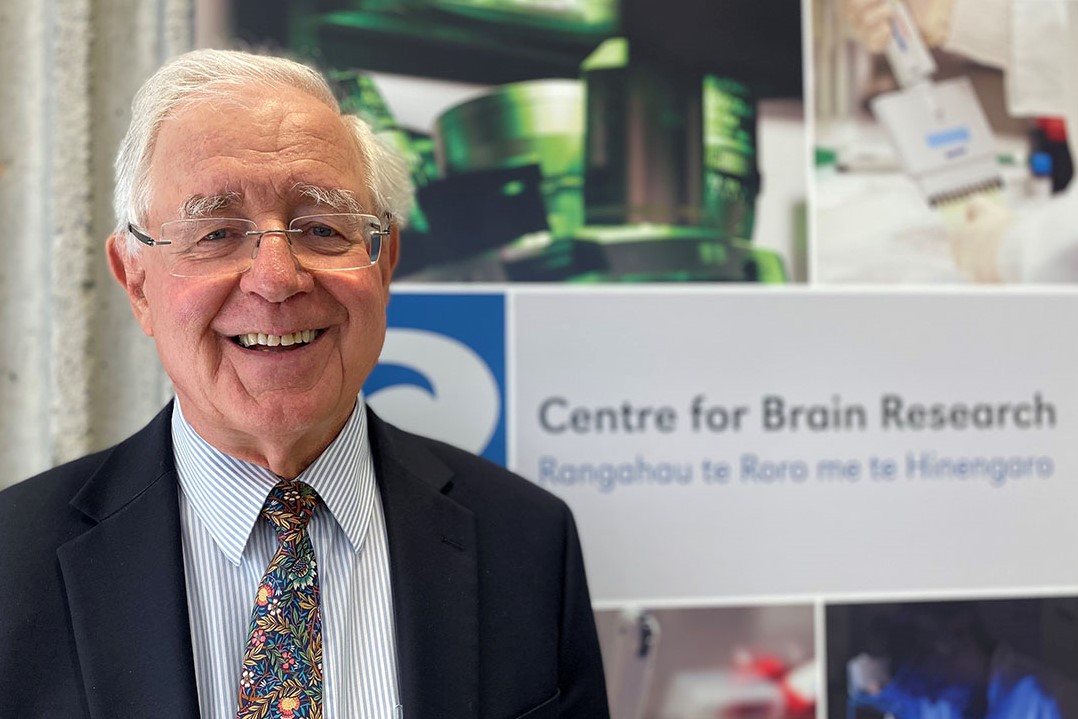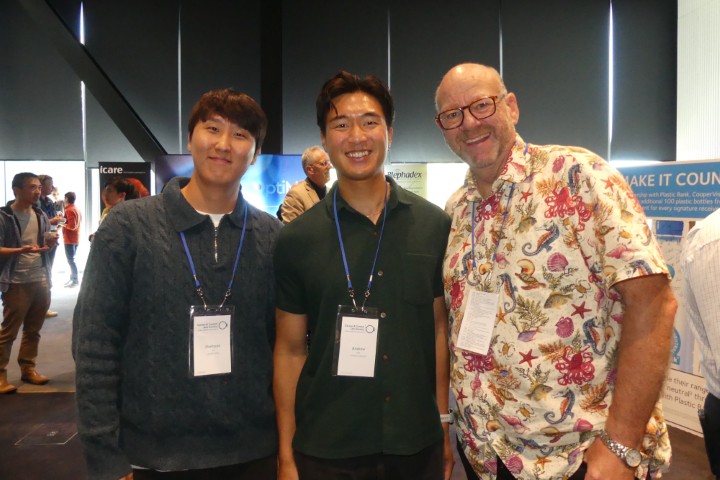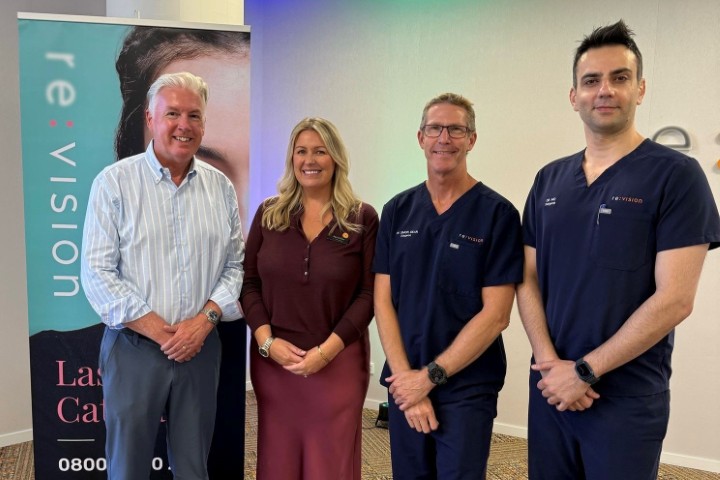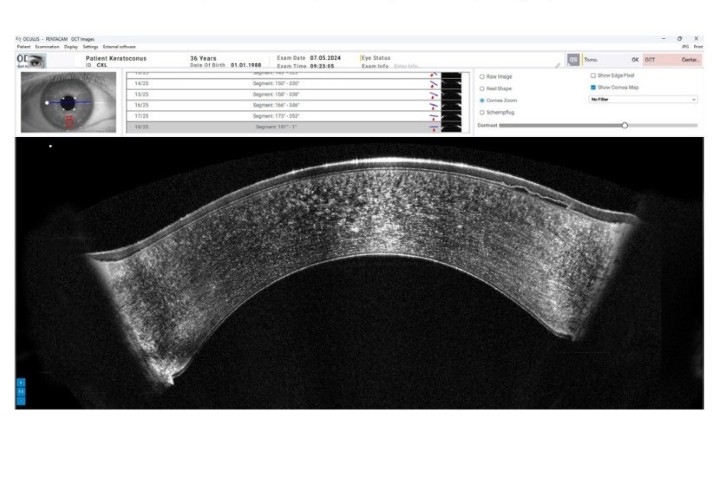Focus on sports-related head injury
The University of Auckland has launched an initiative focusing on the impact of repeated head impacts in sports on the human brain.
The New Zealand Sports Human Brain Bank Initiative is an extension of the Centre for Brain Research (CBR), set up in 2009, and is home to New Zealand’s only human brain bank. It is led by internationally recognised neuroscientist Sir Richard Faull.
“With a large focus on contact sports in our culture, it’s important that New Zealand is part of this global conversation and that our sports people are included and have access to relevant research results,” said Professor Faull. “We join a growing global network of international brain banks in Australia, Brazil and the US who offer this research. We’re proud to partner with them to better understand the impact on the brain.”
The initiative reflects a growing international focus on traumatic brain injury and brain diseases associated with repeated head impacts, including Chronic Traumatic Encephalopathy (CTE), he said. CTE is a progressive degenerative disease of the brain, discovered by researchers in the brains of those with a history of repetitive brain trauma, and most often in contact sport athletes.
By looking at the brain after death in donors who played contact sports like rugby, boxing, soccer, whether they experienced a concussion or traumatic brain injury (TBI) or not, researchers will learn how brain injury can lead to brain disease, which in turn will inform new ways to prevent and treat brain diseases.
Approximately 20% of all brain injuries in New Zealand are sports-related according to ACC. In 2018, more than 9,000 reported concussions were in people 19 years or under. For more on brain injury and the impact on vision, see http://www.eyeonoptics.co.nz/articles/archive/an-optometrists-role-in-concussion/


























